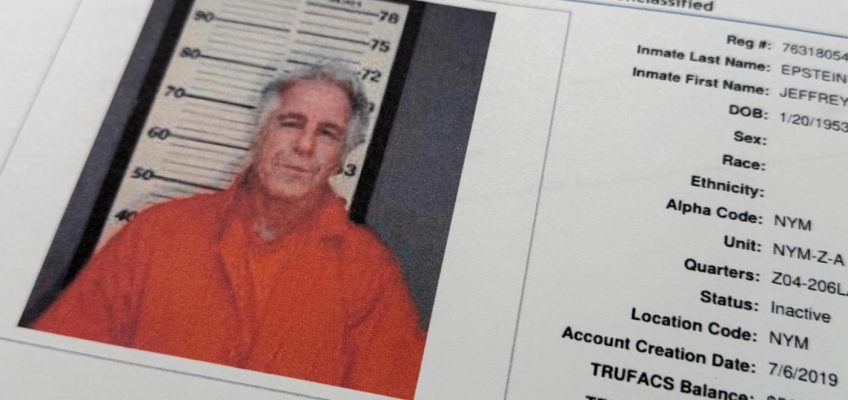By JEFFREY COLLINS, Associated Press
COLUMBIA, S.C. (AP) — The Rev. Jesse Jackson Sr. will be honored at the South Carolina capitol in the state where he was born and where his crusade career as a civil rights activist started in high school by pushing to integrate his local library.
Jackson’s body will lie in state next Monday at the South Carolina Statehouse, Gov. Henry McMaster announced. Details were to be released later.
Jackson, 84, died on Feb. 17 after battling a rare neurological disorder that affected his ability to move and talk.
Related Articles
More than 30,000 Kaiser Permanente health care workers to end strike in California and Hawaii
Mr. Clean retires after 68 years as company mascot
NASA will return its moon rocket to the hangar for more repairs before astronauts strap in
Feds investigate shooting at New Hampshire-Canada border crossing; suspect hospitalized
2-time WNBA champion Kara Braxton dies at 43 after being in a car crash
He will lie in repose this week at the Chicago headquarters of his Rainbow PUSH Coalition. His body will then travel to South Carolina and Washington, D.C., for more celebrations of his life. A public service will be held in Chicago at House of Hope, a 10,000-seat church, on March 6, followed by private homegoing services the next day at Rainbow PUSH, which will be livestreamed.
Jackson was born in 1941 in Greenville, South Carolina, in a tiny house on Haynie Street just outside of downtown. A portion of the street will be named in his honor.
He was the quarterback at segregated Sterling High School, where he led seven other Black classmates into the whites only public library in Greenville in 1960 where they sat and read books and magazines until they were arrested.
It was the start of a long civil rights career during which Jackson became a protégé of the Rev. Martin Luther King Jr., including joining the voting rights march King led from Selma to Montgomery, Alabama.
Jackson went on to run for the Democratic presidential nomination in 1984 and 1988.
He continued to be active in his home state, pushing in 2003 for Greenville County to honor King by matching the federal holiday in his honor and in 2015 by advocating for removing the Confederate flag from South Carolina Statehouse grounds after nine Black worshipers were killed in a racist shooting at a Charleston church.




